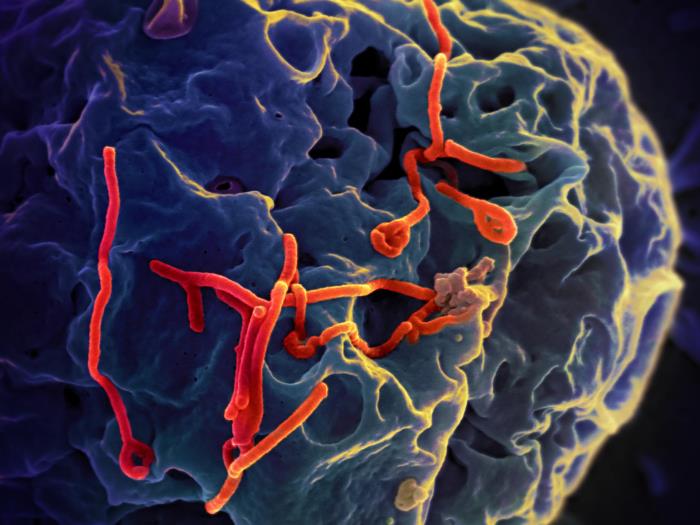Ebola in a Hawaii Patient? Much Too Early to Know, Officials Say

Get the world’s most fascinating discoveries delivered straight to your inbox.
You are now subscribed
Your newsletter sign-up was successful
Want to add more newsletters?

Delivered Daily
Daily Newsletter
Sign up for the latest discoveries, groundbreaking research and fascinating breakthroughs that impact you and the wider world direct to your inbox.

Once a week
Life's Little Mysteries
Feed your curiosity with an exclusive mystery every week, solved with science and delivered direct to your inbox before it's seen anywhere else.

Once a week
How It Works
Sign up to our free science & technology newsletter for your weekly fix of fascinating articles, quick quizzes, amazing images, and more

Delivered daily
Space.com Newsletter
Breaking space news, the latest updates on rocket launches, skywatching events and more!

Once a month
Watch This Space
Sign up to our monthly entertainment newsletter to keep up with all our coverage of the latest sci-fi and space movies, tv shows, games and books.

Once a week
Night Sky This Week
Discover this week's must-see night sky events, moon phases, and stunning astrophotos. Sign up for our skywatching newsletter and explore the universe with us!
Join the club
Get full access to premium articles, exclusive features and a growing list of member rewards.
A patient in Hawaii has been put in isolation over concerns about Ebola, but it is too early know what condition is causing his symptoms, the state health officials said.
The patient is being treated at a local hospital in Honolulu.
"We are early in the investigation of a patient — very, very early — who we're investigating that might have Ebola," Dr. Melissa Viray, deputy state epidemiologist told local news channel KHON2. "It's very possible that they do and they have Ebola. I think it's also more likely that they have another condition that presents with similar symptoms."
Most symptoms of Ebola mimic other feverish diseases such as the flu and malaria, making it difficult to know what disease a patient has before performing lab tests. [Ebola Virus: 5 Things You Should Know]
Officials have not yet decided whether they will send a sample of the patient's blood to the CDC's lab in Washington, D.C., to have it tested for Ebola, Viray told the Hawaii newspaper the Star Advertiser.
The CDC said it was not currently looking at any possible cases in Hawaii. "CDC consults with state labs 24/7 to evaluate potential cases of Ebola. There are no cases being evaluated from the state of Hawaii," a CDC spokesperson told Live Science on Thursday morning.
U.S. hospitals are advised to isolate patients who have fever and recently traveled to West Africa, according to CDC guidelines.
Get the world’s most fascinating discoveries delivered straight to your inbox.
The outbreak in West Africa is the worst in history. So far more than 6,500 people have been infected and at least 3,000 have died in the Ebola outbreak in Guinea, Liberia and Sierra Leone, according to the World Health Organization.
The first case of Ebola diagnosed in the United States was announed on Tuesday. The case involves a man who had arrived from Liberia, and then developed symptoms in Texas and was hospitalized. Previously, several health workers from the United States were infected with Ebola virus while working in West Africa, and were later transported to U.S. hospitals for treatment.
Email Bahar Gholipour. Follow Live Science @livescience, Facebook & Google+. Originally published on Live Science.

 Live Science Plus
Live Science Plus










